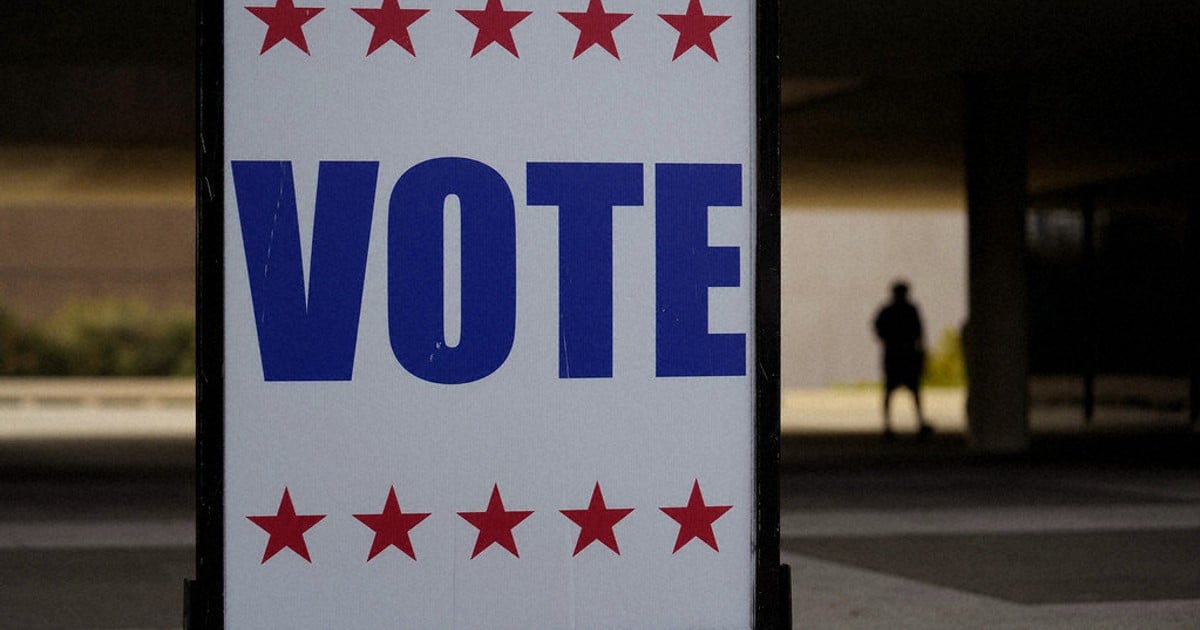PHOENIX (AP) – The 2024 presidential election is drawing an unusually robust field of independent, third party and long shot candidates hoping to capitalize on Americans’ ambivalence and frustration over a likely rematch between Democrat Joe Biden and Republican Donald Trump.



Big thank you for writing all that out. There’s a lot of dynamics here I am not knowledgeable about, so I appreciate you providing links as well. I’ll have to read more on this before getting back to you. After your explanation, I have a much better understanding of the intended value of STAR. My gut is still saying that STAR will not allow 3rd parties into a polarized political environment, but I have no data to back that up. I just feel that people will vote 0 for the candidate they least want, 5 for the one they want, and 3 for the one they’re ambivalent about and that will devolve STAR to a two-round ranked choice that favors the two biggest political parties. Again, that’s definitely possibly me just not fully understanding the system. I’ll have to read more, crunch numbers, and see what numbers others have crunched and get back to you. Definitely very interesting and I love the concept of rating politicians independent of each other.
The main reason why STAR and other Cardinal voting systems can help grow third parties, is they don’t punish the voter for supporting them.
That 3 rating that you give someone, You can give a bunch of them and not change the 5 rating that you also gave.
One of the most common attacks against a voting system is called Cloning. You take a somewhat popular candidate and run someone who has almost exactly the same platform. Both then suffer from splitting the vote between the two.
STAR and other Cardinal systems are immune to this attack. There’s no vote splitting, because the (initial) votes are completely independent of each other.
Things can get a bit odd if two clone candidates make it to the final two, but even then, they theoretically have the same platform, and the voting public should be mostly happy with either one.
But that’s where the tallied “No Preference” votes come in, to tell the winner just how little they’re preferred over their closest rival.